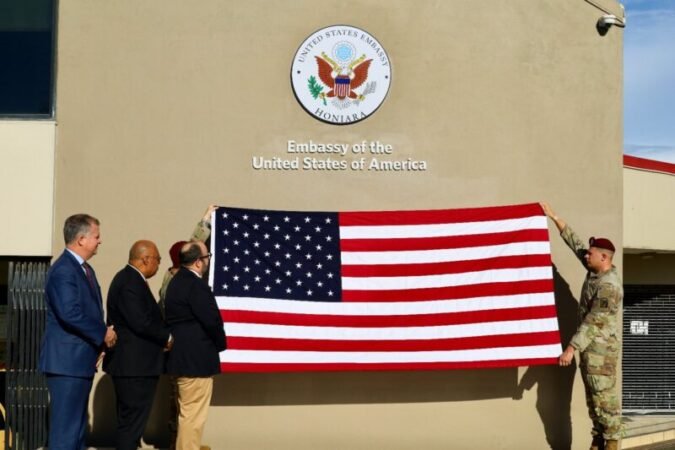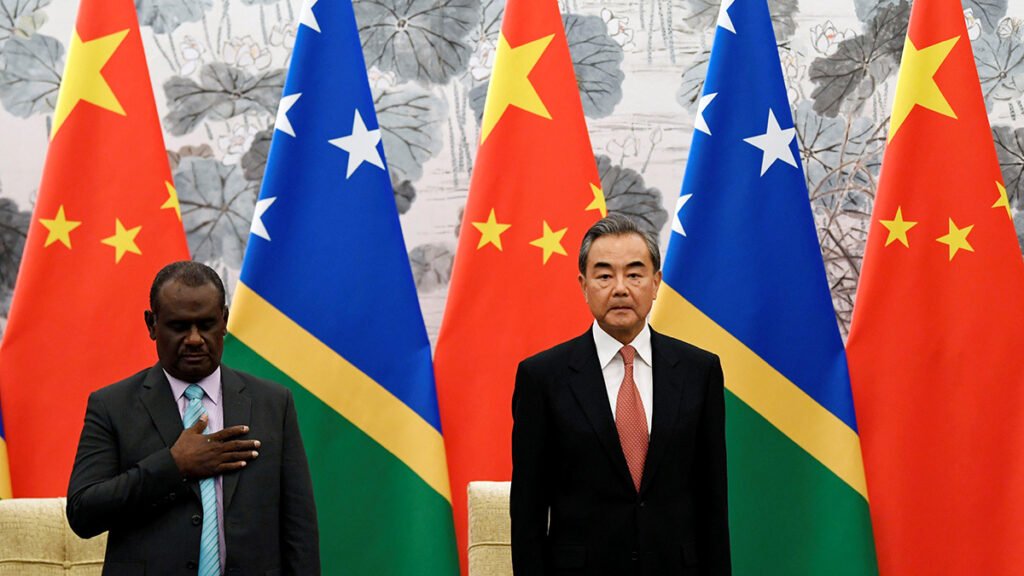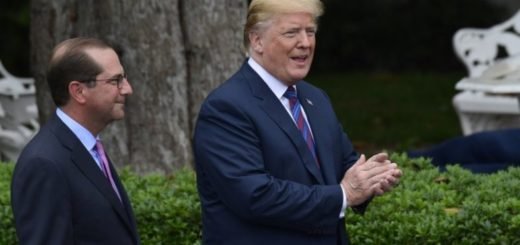Countering China’s Expansion: U.S. Opens Embassy in Solomon Islands

The US has established a new embassy in the Solomon Islands to counteract China’s growing influence in the Indo-Pacific, according to NHK World. This move aligns with the US strategy of increasing its presence in the region, as China expands its reach.
The US Secretary of State announced that the opening of the embassy in Honiara symbolizes a revival of the relationship between the two nations. The US had previously closed its embassy in the island nation in 1993.
A statement from the US Department of State on Wednesday said, “The opening of the US Embassy in Honiara symbolizes a renewal of our relationship and underscores the strength of our commitment to our bilateral relations, the people of the Solomon Islands, and our partnerships in the Indo-Pacific region.” The statement also expressed the US’s desire to strengthen their partnership in various areas, including economic development, combating the COVID-19 pandemic, and tackling climate change.
The establishment of the embassy aims to not only place more diplomatic personnel in the region, but also to further engage with Pacific neighbours, link US resources and programs with local needs, and build people-to-people ties. The US government informed the Solomon Islands that the embassy became official on January 27, 2023, and thanked them for their support in advancing bilateral relations.
Russell Comeau will continue to serve as the US Charge d’Affaires ad interim at the new US Embassy in Honiara. Comeau arrived in the Solomon Islands in October 2021.
Chinese influence in the South Pacific
The growing influence of China in the South Pacific, reflected by the bilateral security cooperation agreement signed in April, has raised concerns among the United States and its allies in the region. In recent years, under President Xi Jinping, China has strengthened its diplomatic ties with the South Pacific, with eight countries in the region now classified as China’s comprehensive strategic partners – the highest level of diplomatic partnership in China’s foreign affairs.

The draft agreement between China and the Solomon Islands centres on enhancing the national security capacity of the latter and includes cooperation in various areas, such as humanitarian assistance, disaster response, and maintaining social order. This agreement has sparked fears that China could send troops to the Solomon Islands and set up a permanent military base, which is just under two thousand kilometres from Australia.
China has been engaged with the South Pacific region for more than three decades through regional forums such as the Pacific Islands Forum (PIF) and the China-Pacific Island Countries Economic Development and Cooperation Forum (EDCF). The Chinese government provides annual funding of around $1 million to the EDCF secretariat and established a $1.9 million fund in 2020 to support the region’s response to COVID-19. In 2021, China and Pacific Island countries held their first foreign ministers’ meeting, committing to increasing cooperation in areas like poverty reduction and climate change. China’s growing presence in the region is also evident through its significant aid contributions, with China being the second-largest donor in the Pacific after Australia over the past decade.
The Chinese government sees the Pacific Island region as crucial to its Belt and Road Initiative (BRI) and considers it a vital air freight hub for the Air Silk Road connecting Asia and Central/South America. By 2021, it had signed BRI agreements with all 10 Pacific Island nations it has diplomatic ties with. China’s direct investment in the region rose from $900 million in 2013 to $4.5 billion in 2018, a 400% increase, with over $2 billion invested in Pacific mining. It has shown interest in the region’s fisheries, aquaculture, harbour construction, and related areas. From 2010 to 2020, China-Pacific Island’s total trade in fishery products rose from $35 million to $112 million, with 11 Chinese companies investing in the fisheries industry across 6 Pacific Island nations.



















